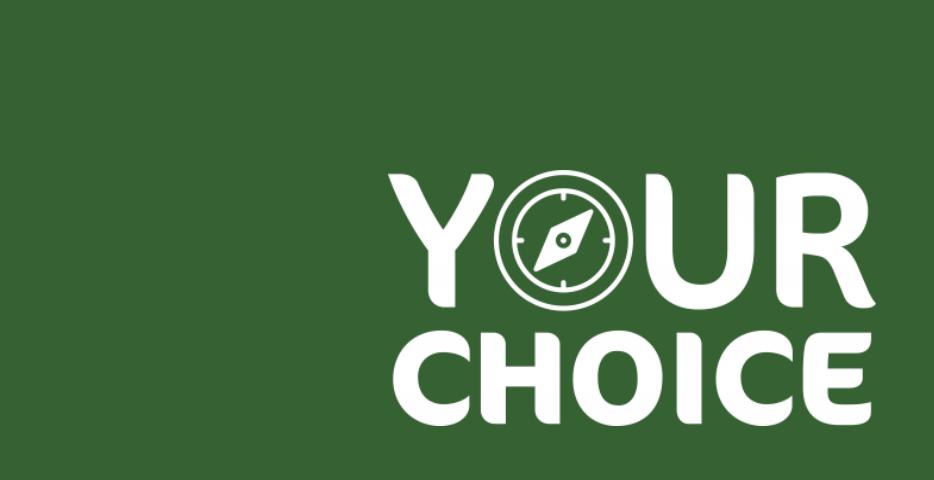Children and young people most affected by violence are the ones who most need therapeutic support but are currently the least likely to get it.
This is what Your Choice aims to change.
Your Choice mission statement
There are many cultural barriers that can impact on access to clinical services. This includes different cultural perceptions of mental health, lack of understanding of the devastating and negative effects of racism, under representation of global majority clinicians (HCPC, 2023) and stigma associated with mental health, which is more prominent amongst racially minoritised groups (YEF, 2025).
YEF report that Black and Asian children and young people are less likely to access mental health services voluntarily through primary care and are instead more likely to access them via social care or the justice system (which are more likely to be compulsory) (p.28). This aligns with earlier findings from Power the Fight, who reported a preference amongst young people for talking to their youth workers instead of being referred to a therapist, highlighting the unique relationship young people have with frontline workers as trusted professionals (p.34 Power the Fight Therapeutic Intervention for Peace Report, 2020).
Young people in this cohort are therefore likely to benefit from opportunities, tools and techniques to improve their mental wellbeing delivered in a way that is accessible and available to them, delivered by those who are culturally curious, representative and/or familiar.
Your Choice – responsive by design
Your Choice was designed to support and enable accessibility, explicitly addressing cultural barriers and placing the individual and their cultural needs, aspirations and interests at the centre of the programme.
The programme is delivered through the existing social care workforce, which is more diverse than psychologist population, (68% of social care case workers in London are from black and minority ethnic backgrounds, compared to 16% of practitioner psychologists nationally, HCPC, 2023). As black and Asian children are more likely to access mental health services via social care or the justice system, this provides an opportunity to upskill the workforce where support is more likely to be accepted.
The flexibility of the programme allows for the intervention to be adapted to meet the needs of the individual. Your Choice Clinical Leads are encouraged to consider cultural adaptations with their Your Choice coaches to support their work with each young person. This might include activation of culturally important networks or the use of culturally adapted CBT.
To support the delivery of the programme, Your Choice coaches are encouraged to activate the network around the young person. Sharing the tools and techniques with those most important to the young person can support accessibility but also sustainability of the intervention both within and beyond the formal 12-18 weeks, so leading to lasting impact. It is hoped that this could have a cumulative effect by upskilling members of the community, where minoritised groups are more likely to seek support.
Your Choice practice is underpinned by a set of core guiding principles, emphasising the importance of culturally sensitive practice. Your Choice practitioners and clinicians are encouraged t model cultural humility and be explicit about culture.:
Model cultural humility and to be explicit about culture” (Your Choice practice guideline 3).
- Young people and their families need services to be aware of and overcome cultural barriers to access support. Your Choice is committed to nurturing a culturally curious workforce who are explicit and prioritise understanding and addressing the influence of their own culture, and that of the families and young people that they work with. The Your Choice programme will be uniquely adapted for each young person according to their individual needs and aspirations, which includes cultural influences. The importance of a young person’s culture (which may include youth culture) should be reflected in the approach and delivery of the programme.
In order to activate pro social activities and behaviour, Your Choice practitioners work closely with young people to develop a shared understanding of their values and aspirations. This includes aspects of their culture. Understanding those things that are really important to a young person allows for the activation of behaviours and networks that are culturally relevant and meaningful to them.
This approach has been remarkably effective in providing access to therapeutic interventions, with one clinician noting ‘in six months the [Your Choice] framework has taken me close to a cohort that I have never been able to reach in my whole professional career’.
Your Choice training
The importance of culture is emphasised within the Your Choice training including in the Train the Trainer training. In addition Your Choice trainers attended training delivered by Power the Fight “Becoming a Culturally Sensitive Organisation”.
Beyond the training room, during monthly Clinical supervision, Your Choice coaches are encouraged to reflect on the influence of culture in their work- both that of the young person and their own, to ensure that this is actively considered in each young person’s formulation and Your Choice practice.
If you want to find out more, contact the Your Choice team by emailing us on yourchoice@londoncouncils.gov.uk

